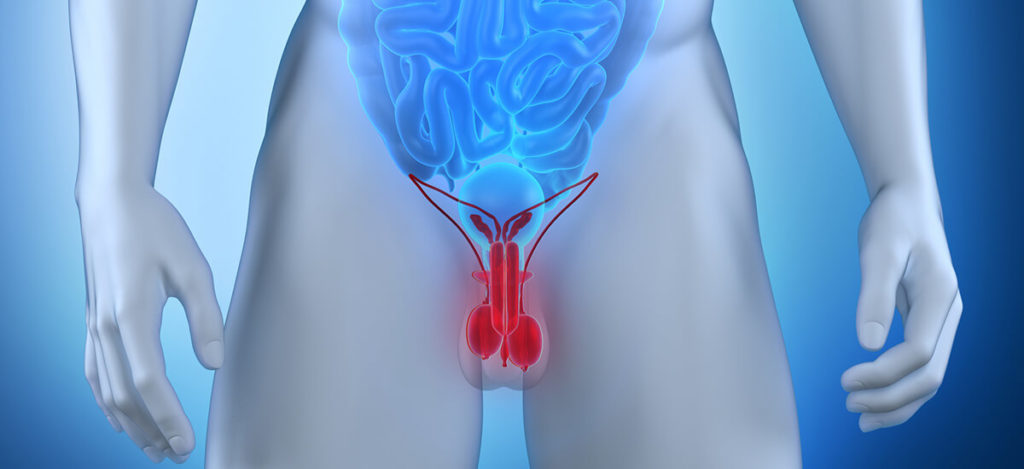Transcript
Let’s talk about a subject which is getting closer to my heart with each passing year and that is the subject of hair loss.
Hair loss occurs with a number of drugs that we use as part of chemotherapy treatments for cancer. It’s particularly troubling for females who have been so used to keeping their hair while us blokes lose ours, that people often ask if there is anything we can do. And the answer is well, yes, you can.
A number of health funds will cover wig treatments, which can give you the choice of being blonde, brunette, red head and unlike the rest of us potentially you can change these everyday.
People often ask whether hair loss is inevitable with chemotherapy and the answer is no, it’s not. There are very many chemotherapy drugs that don’t even cause hair loss. However, if you’re on a drug that does cause hair loss then obviously there are certain remedies, such as wigs or a newer technique called “cold caps” where cold caps are applied to the scalp to decrease the blood flow through the hair follicles.
So why does the hair loss take place?
Reason is that the hair follicles contain rapidly developing cells and drugs which target rapidly developing cells target the follicles causing death of the follicle. In most cases, and I mean virtually all cases, the hair loss is reversible. And once the hair has fallen out, the hair will often start to grow back during chemotherapy.
Another fear that’s expressed is people say, “Oh, gosh, if my hair is growing back does that mean the chemotherapy stopped working?” The answer is no. The hair loss when it occurs targets the fastest growing cells, at least the ones that result in the shedding of hair, and then as the normal cells recover the hair starts to grow again often before end of chemotherapy.
Book your health appointments online
Find and instantly book your next health appointment with Healthengine
With many drugs it’s only the hair on the head that falls out, there are a few drugs, mainly those from the taxane family, that result in the loss of the eyelashes and the eyebrows as well.
Please talk about hair loss to your chemotherapy centre, to your nurse practitioner, to your chemotherapy nurses and of course the oncologist. Tell them how much it means to you and explore the alternatives, such as wigs or cold-caps, or find out for instance if there are other drugs which work just as well but perhaps have a lower chance of causing hair loss.
We hope you find these comments helpful.
More information
 |
For information on chemotherapy, the different classes of drugs used and their side effects, visit Chemotherapy. |
All content and media on the HealthEngine Blog is created and published online for informational purposes only. It is not intended to be a substitute for professional medical advice and should not be relied on as health or personal advice. Always seek the guidance of your doctor or other qualified health professional with any questions you may have regarding your health or a medical condition. Never disregard the advice of a medical professional, or delay in seeking it because of something you have read on this Website. If you think you may have a medical emergency, call your doctor, go to the nearest hospital emergency department, or call the emergency services immediately.







